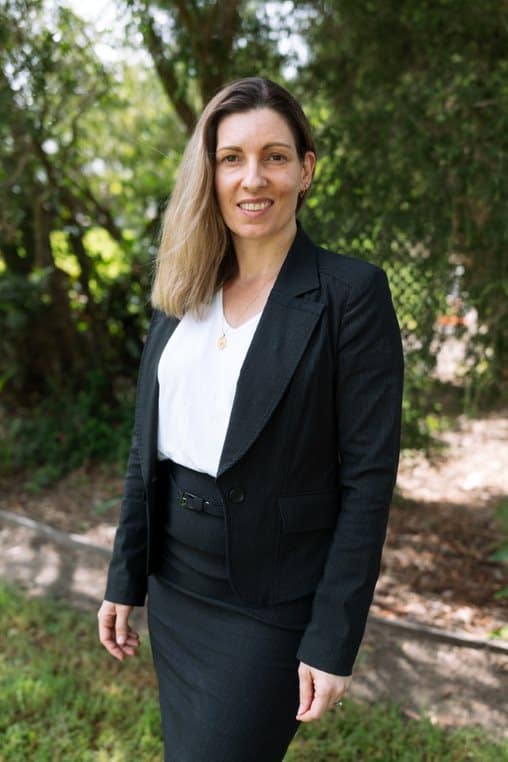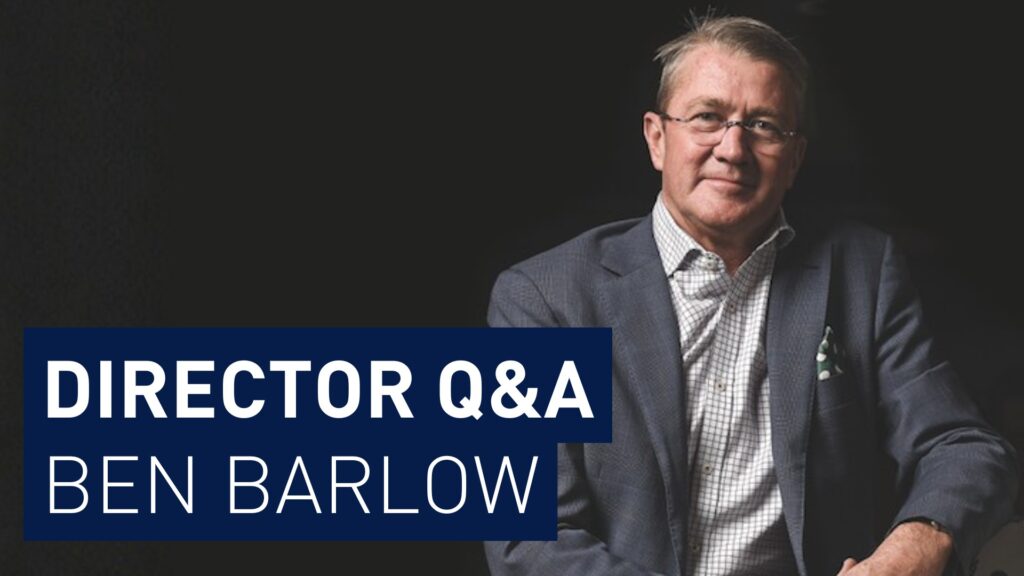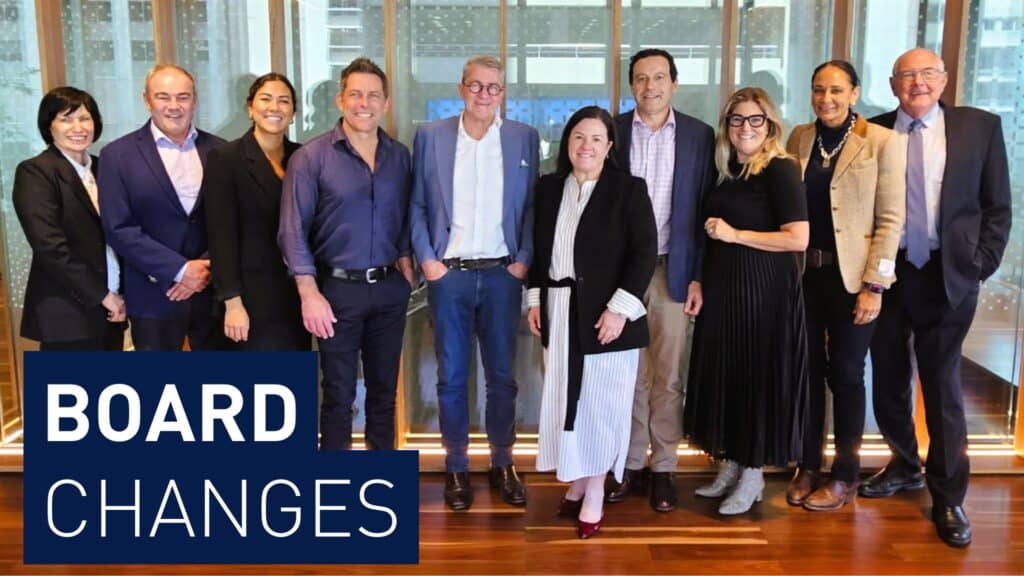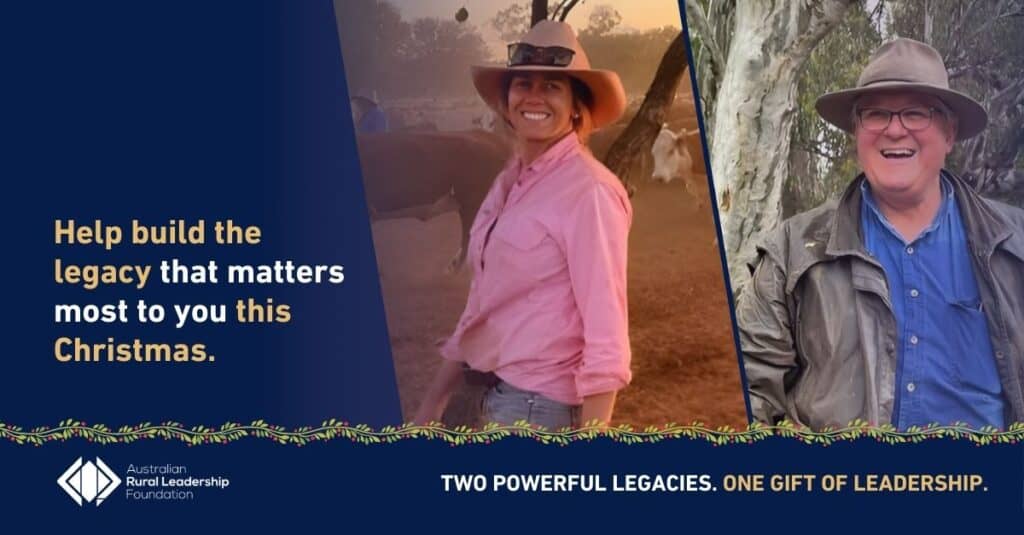On the 28 February 2022, Claire Sowden told her husband she ‘had a thing she had to do’ and he needed to cook dinner. ‘That thing’ was co-ordinating the disaster response for the worst flood in history devastating her local area of Lismore.
“I haven’t really made dinner since,” she laughs.
The remarkable thing about this exchange is that until that moment Claire had no experience in disaster management or indeed in any large-scale community events. She also lived around 45 minutes away in Lennox Head, where she runs an online marketing business from home with her husband.
“I had woken up in the morning and looked through a heap of Facebook groups to see what the flooding situation was, since our kids go to school in Lismore. It was immediately obvious that people were in life threatening danger and that the normal response was not going to be adequate. So I worked for about six weeks online to connect people to information and ensure those people who needed help were getting it.”
This foray into an intensely devastating event unlocked many things for Claire, a new profession, a new personal focus, an emotional roller coaster and the NSW Northern Rivers Leading Australian Resilient Communities (LARC) program offered by the Australian Rural Leadership Foundation and the Regional Australia Institute.
The objective of the LARC program is to bring together current and emerging leaders across regions to further develop their leadership skills and build a network that’s committed to action and outcomes.
During this period Claire moved into a role with Resilient Lismore, a registered charity and grassroots community-run organisation that formed during the 2017 floods in the same area. Part of her role is moderating its Facebook group, which during the disaster, billowed to over 30,000 members.
“I’m a big believer that when someone’s already doing the job, you help them do the job. You don’t just start a new thing. Resilient Lismore is a community-led organisation that fits between community and government and works across both of those membranes. That really appealed to me. It was a good group of people and the vibe was right,” she said.
Initially, her co-ordinating role was done remotely but once she turned up in person, and took on a number of roles, it quickly became apparent they needed more people. But in the meantime, she tried to fill the gap, at the expense of her own health and time with her family.
“It was at that point that I realised they were trying to do everything with the disaster response and recovery, so I just jumped in and just started volunteering and found myself working all the time and not sleeping much.”
At the same time, she applied for the LARC program, because it was more than personal development and it meant connecting with more people. Little did she know, it would also mean a full emotional transformation in front of a room of people she just met.
“It was the second multi-day session that really brought everything home to me. (The facilitator) asked ‘how do you be yourself emotionally as a leader?’ And I think I almost had a panic attack in the room – this personal breakdown moment in front of everyone. I realised I really needed to do something about this,” she said.
“I realised I’d just been soldiering on and not dealing with issues as they rose. With my new role during the floods, I felt community responsibility. And for whatever reason it all came to the surface during the course. But having such a public breakdown made me commit to doing something about it. And so many people came up to me after that and said it resonated with them, that showing vulnerability is valuable for other people as well.”
By allowing herself to be vulnerable, the LARC program not only enabled Claire to consolidate her own emotional wellbeing but empowered her to continue with meaningful community service. Claire learnt that vulnerability plays a critical role in effective leadership, as it fosters connection, trust and growth within individuals and communities.
She’s determined to ensure that Lismore and the surrounding areas are more ready for any kind of natural disaster by preparing a framework for response that can be tailored to other regions in Australia and the world.
“My vision for our future is that we take the challenges of the past year, and some of the preceding years, and we grow to become a tighter network of resilient communities. This will provide resilience and preparation for not just our region, but a learning opportunity for communities across the globe,” Claire says.
“I hadn’t really seen myself as a leader before I turned up to the LARC program. It gave me the confidence to call myself that and to step into rooms with people like the Regional Recovery Coordinator and the Regional Health and Wellbeing Committee and contribute to the conversation and the work they’re doing.”
LARC also encouraged her awareness of her position of influence through studying her personality traits and understating how they work with other people. Claire likens the experience to solving a personal impetuousness and says she can work more collaboratively with people as a result.
“(Managing a) disaster requires you to bring everything to the table and I want to create a legacy for the next event by impacting policy so that there is a better response next time,” she said.
“I’ve got this kind of microscopic thing that I’m working on here, but this is actually indicative of a macro issue. Australia is going to have more disasters in the next 20 years than the last 20 years. To be able to react properly to them, we need to create networking and relationship opportunities before these events occur because so much information transfer happens in these moments. The social level of connections is so important to the bigger picture.”
Claire believes building resilience comes through more social interactions between not just community members, but neighbouring regions and organisations. She values the networks she has built through the LARC program as pivotal to success, especially in preparing for the challenges and opportunities that lie ahead, such as natural disasters. By cultivating these relationships, Claire believes her community will be better equipped to face and overcome adversity, ensuring a more resilient and thriving future.





